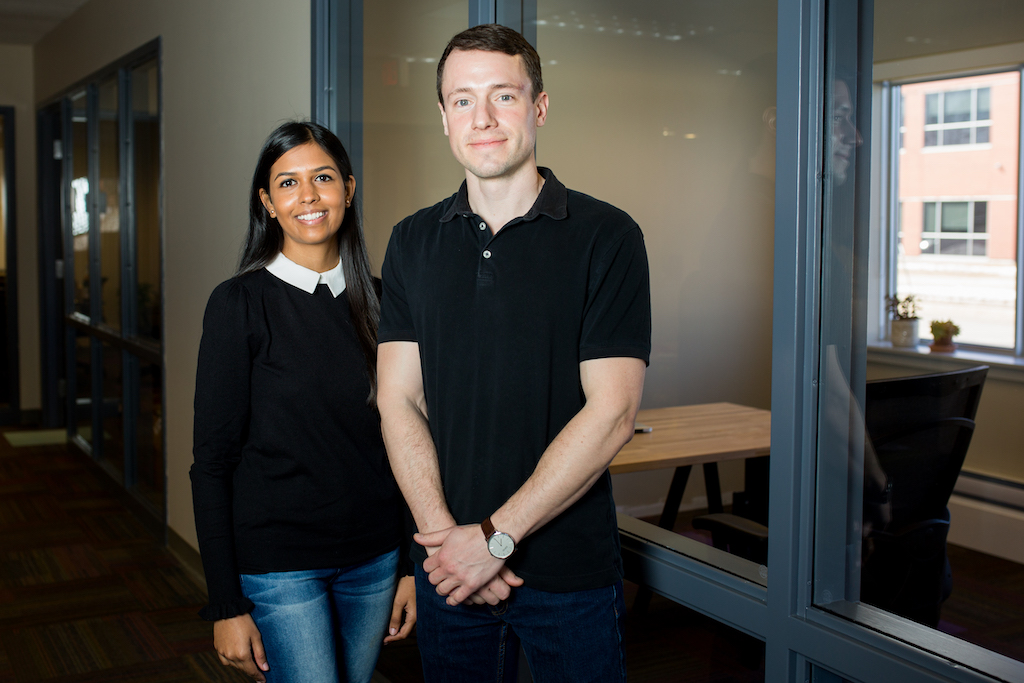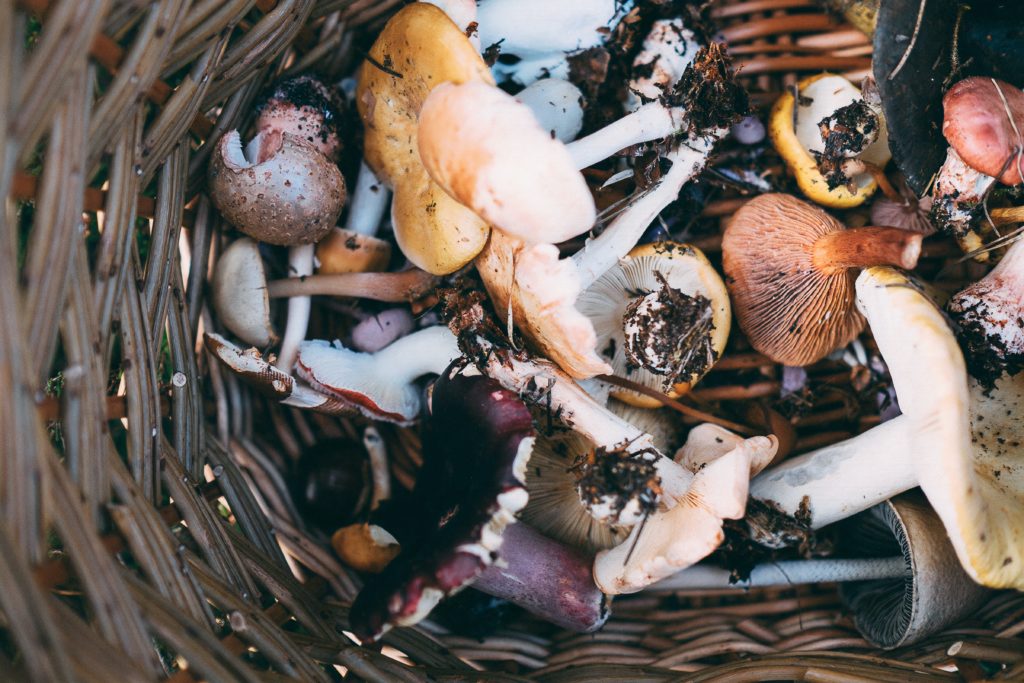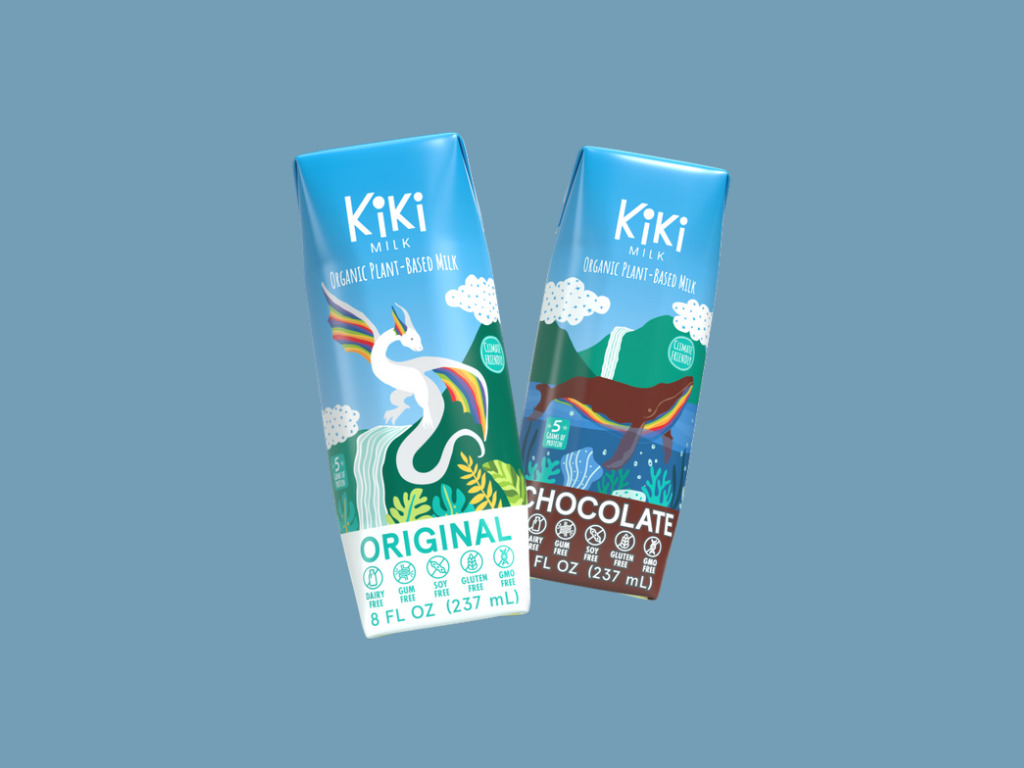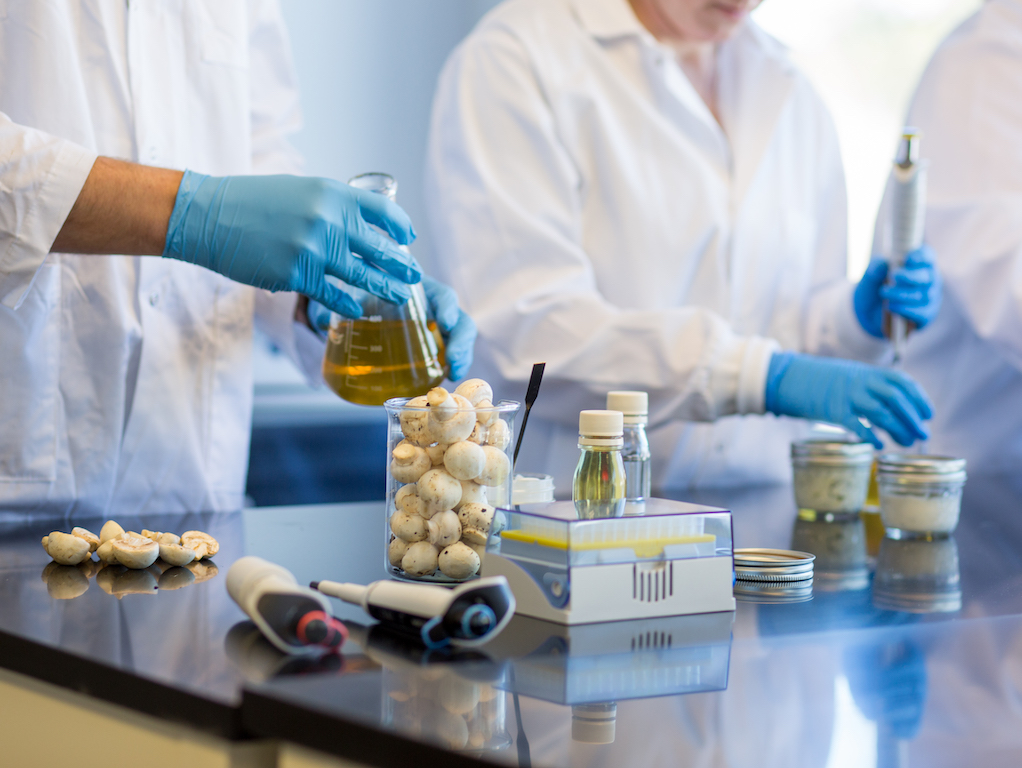4 Mins Read
Canadian ingredients startup Chinova Bioworks has closed a $6 million Series A funding round. DSM Venturing and Rhapsody Venture Partners co-led the raise, with participation from Rich Products Ventures. The investment will support team expansion, new product development and extension of existing production facilities on Prince Edward Island (PEI).
The startup’s PEI manufacturing plant will be officially opened later this year, as part of an ongoing growth trajectory. Chinova claims to be in a period of substantial expansion, attributing it to consumers’ increasing demand for safe and clean label foods.

Covid-19 was a precursor to clean-label demand
“The pandemic has accelerated the trend for food safety and health-focused products,” Natasha Dhayagude, co-founder and CEO of Chinova Bioworks said in a company statement. “With this increased consumer awareness and scrutiny, brands are under pressure to keep up and reformulate their products to meet clean-label demands. Departing from artificial preservatives is one of the most critical and challenging changes food producers must make.”
Data suggests that post-Covid, certain food trends are here to stay. These include a predilection for plant-based ingredients, immune-boosting foods and product transparency. Consumers have shown a preference for foods that contain ingredients they recognise, or those made using natural additives only.

Mushrooms as the new preservatives
Chinova’s flagship product is a preservative ingredient dubbed Chiber. It’s made using upcycled white button mushroom stems, resulting in a vegan, halal, kosher and allergen-free product. The stems are collected from mushroom farmers as byproducts that would otherwise enter the food waste sidestream. Chiber is used to boost quality and freshness while increasing shelf-life and preventing more food waste from entering the food chain. The natural alternative to synthetic, and increasingly unpopular, preservatives contributed to investors paying attention.
“Chinova has been crushing it for more than five years. It’s been amazing to see how quickly Chinova has been able to add customers, making investing a no-brainer,” Bernard Lupien, general partner from Rhapsody Venture Partners said in a statement. “Furthermore, Chinova’s planet-friendly process of upcycling the otherwise discarded stems of white button mushrooms to create Chiber is precisely what consumers are asking for.”
Chinova has yet to reveal the direction its new product lines will take, other than Chiber for cosmetic applications. The majority female-driven company has raised $10 million to date and counts plant-based meat and dairy manufacturers as its customers, alongside sauce, condiment and beverage brands. The startup aims to become the new standard for clean preservatives, within the mainstream food sector.

The growing clean label trend
In the last 18 months, clean label ingredients and food products have increased exponentially. From deli meats and pâtés from New York’s Plantcraft to Asia’s Mohjo debuting vegan milk, the potential for clean label alternatives appears endless.
Recent developments include established U.S. companies CP Kelco and Shiru announcing a strategic partnership to develop clean-label food ingredients using an AI platform. Potential compositions will be identified by Shiru’s technology, with Kelco lending its precision fermentation expertise to produce them. The aim is to supply the alternative protein sector with appropriate ingredients to align with sustainability goals.
Earlier this week it was announced that Hawaii-based PlantBaby has scooped $4 million to continue its work within the organic and clean label infant formula niche. The startup has already launched its Kiki Milk product, made using super and whole foods. It is now looking to expand the range designed to support children with health conditions not supported by conventional milk formulas. The company’s diversification comes at a critical time, as the U.S. is struggling to source enough infant formula, resulting in a rising black market and fears for child development.
Lead photo by Chinova.




